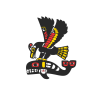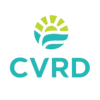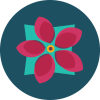Twinned Watersheds Project:
Riparian Plants
In 2021, the Twinned Watershed Project studied how the riparian zones, the terrestrial part of riparian ecosystems, are impacting fish habitat. Riparian field crews assessed sites along lower reaches of the Koksilah and Chemainus Rivers to see how well the trees and shrubs are doing at preventing streambank erosion and filtering surface water, as well as providing fish refuge when they fall in the river. They also assessed culturally significant plants such as western redcedar, a keystone species in Indigenous culture. Land use along the rivers was mapped and several priority sites were identified for invasive plant removal and planting native species. Riparian restoration work was also done at three local farms.
Photo Gallery
Koksilah area farmers collaborate with non-profits to restore stream and riverbanks on their land to help improve fish habitat in the face of climate change. Photo by Elodie Roger
Project Documents
The Twinned Watersheds Project of the Chemainus River and Koksilah River in the Cowichan Region of southern Vancouver Island assessed salmonid habitat, water flow regimes, and riparian habitat within the lower reaches of the main rivers. The fish habitat information is presented in a separate report. This part of the Twinned Watersheds Project focused on…
Check Out Other Parts of the Twinned Watersheds Project
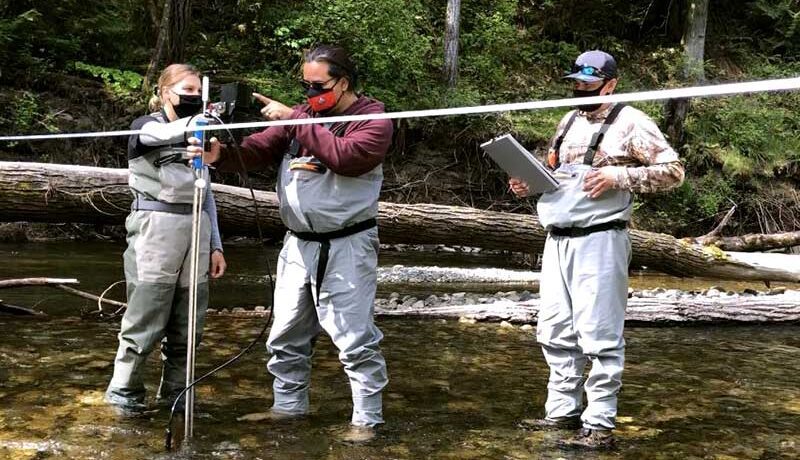
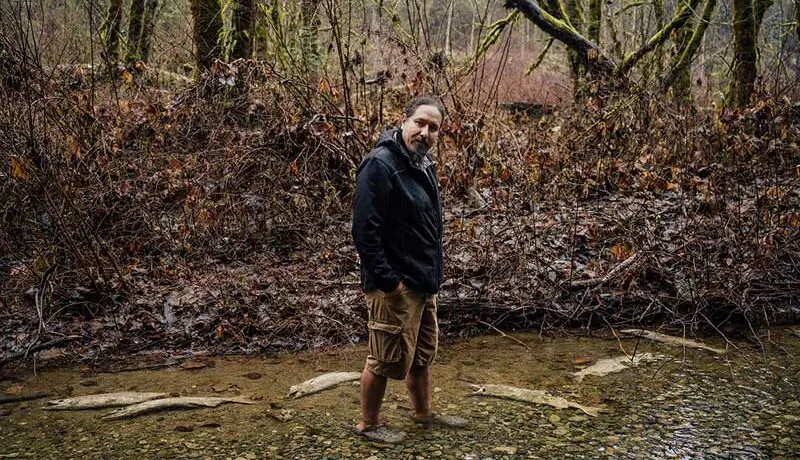
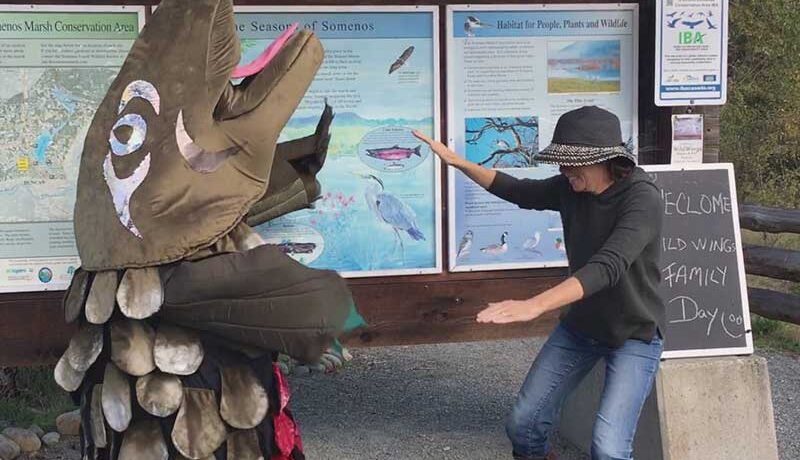
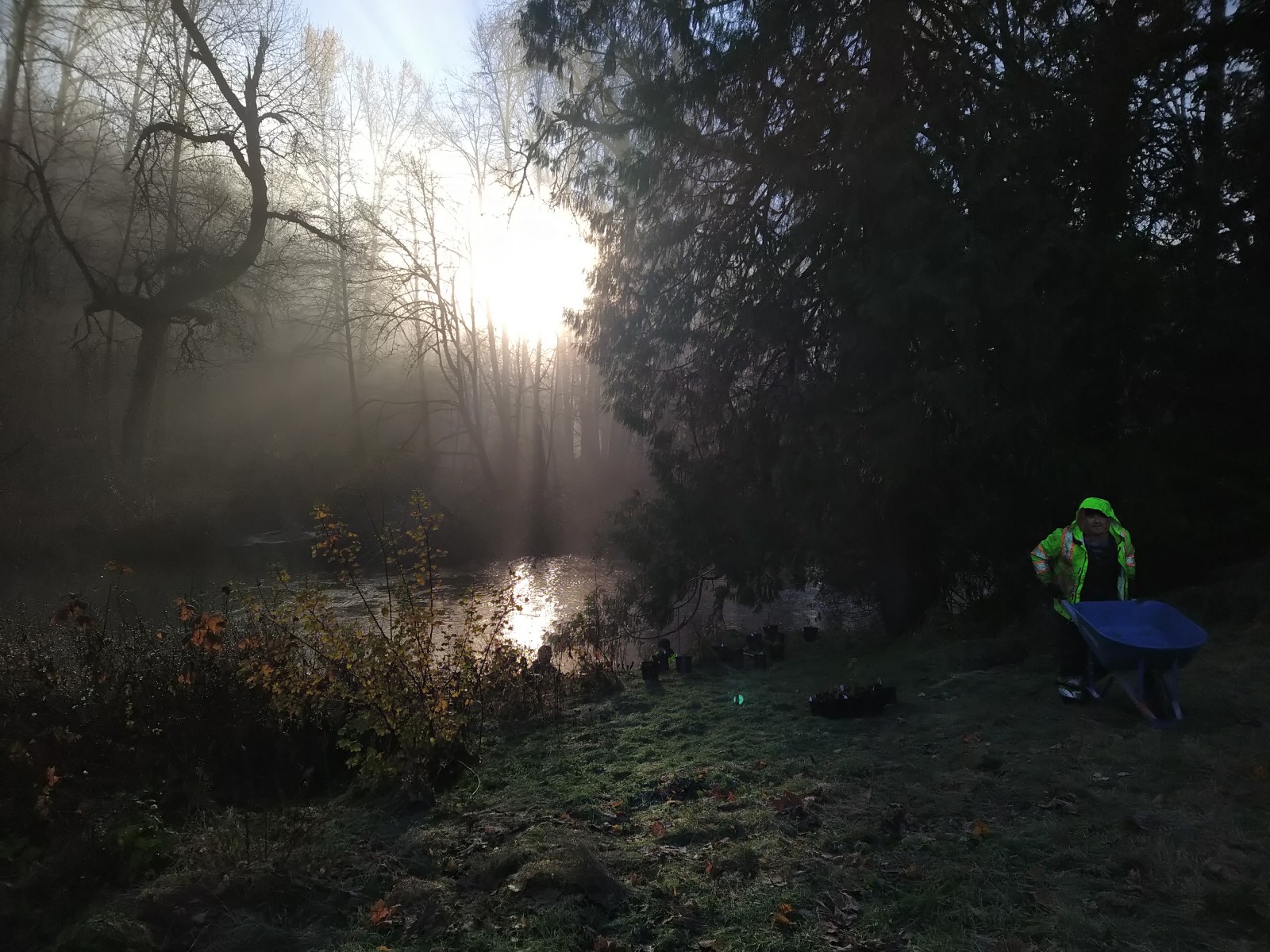
 Email
Email